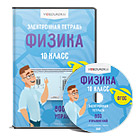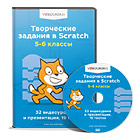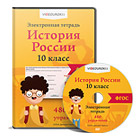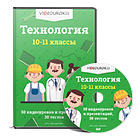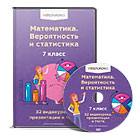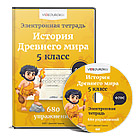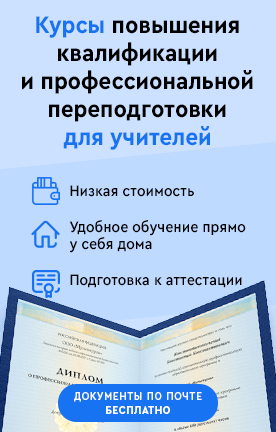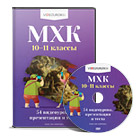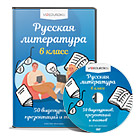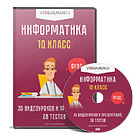The question of the translation of the Ukrainian Sourzhyk (semi-Ukrainian-semi-Russian) is a vital question for the Literature now. Here, we suggest some specific strategies for the translation of the linguo of some of the Ukrainians.
Создайте Ваш сайт учителя Курсы ПК и ППК Видеоуроки Олимпиады Вебинары для учителей
Translation of Ukrainian Sourzhyk into English and Italian
Вы уже знаете о суперспособностях современного учителя?
Тратить минимум сил на подготовку и проведение уроков.
Быстро и объективно проверять знания учащихся.
Сделать изучение нового материала максимально понятным.
Избавить себя от подбора заданий и их проверки после уроков.
Наладить дисциплину на своих уроках.
Получить возможность работать творчески.
Просмотр содержимого документа
«Translation of Ukrainian Sourzhyk into English and Italian»
Полезное для учителя
Распродажа видеоуроков!
1330 руб.
2220 руб.
1660 руб.
2770 руб.
1660 руб.
2770 руб.
1270 руб.
2110 руб.
Курсы ПК и ППК для учителей!
800 руб.
4000 руб.
800 руб.
4000 руб.
800 руб.
4000 руб.
800 руб.
4000 руб.
ПОЛУЧИТЕ СВИДЕТЕЛЬСТВО МГНОВЕННО
* Свидетельство о публикации выдается БЕСПЛАТНО, СРАЗУ же после добавления Вами Вашей работы на сайт
Удобный поиск материалов для учителей
Проверка свидетельства

